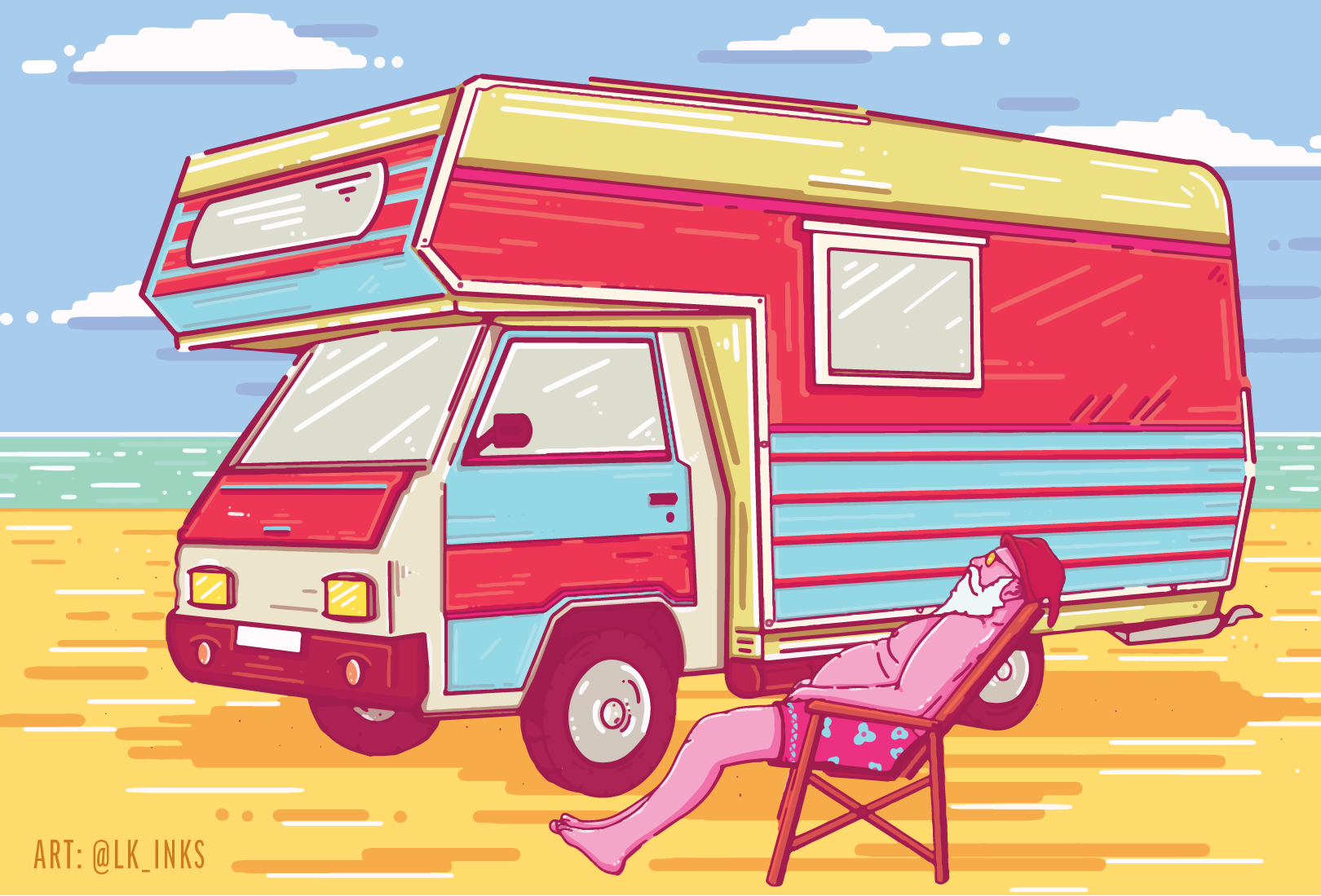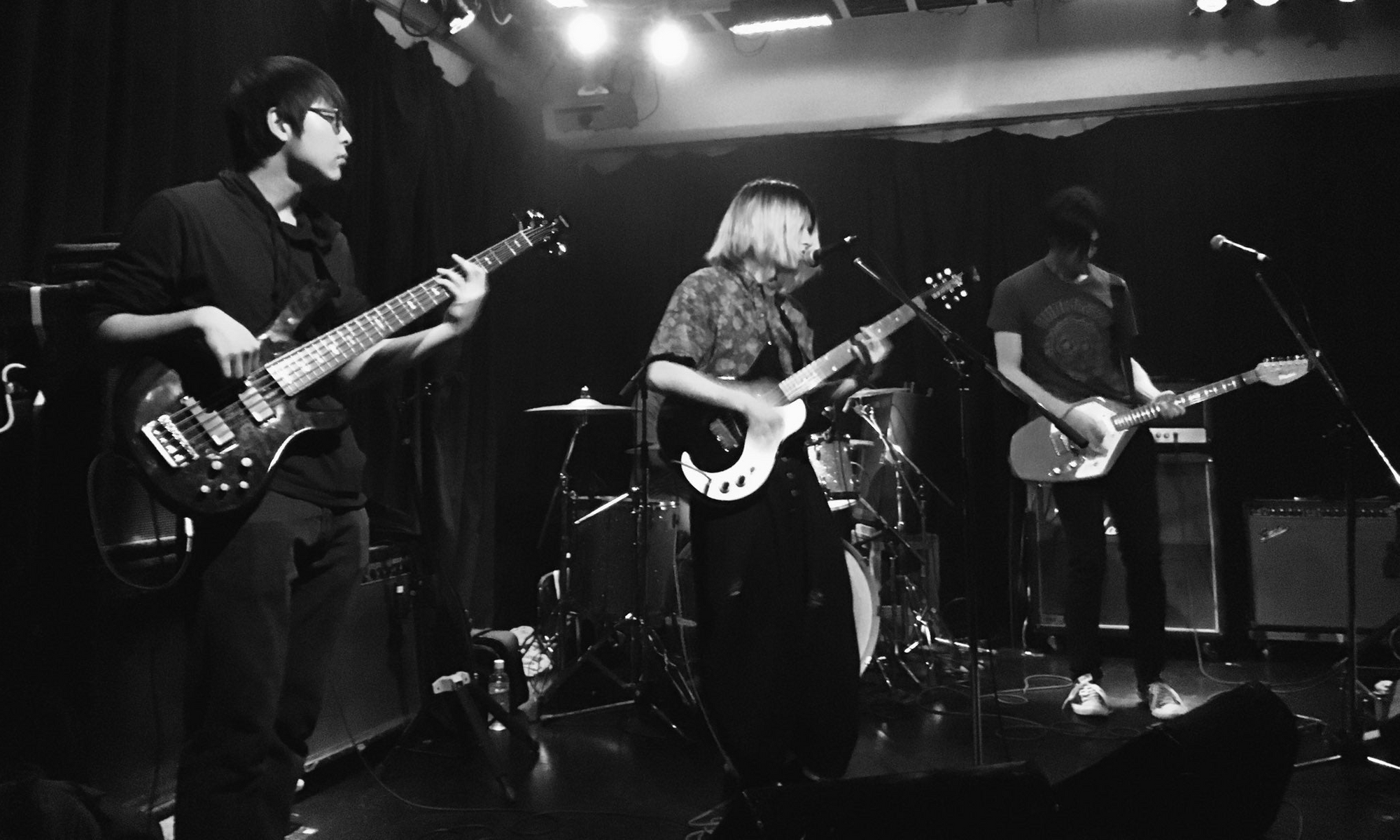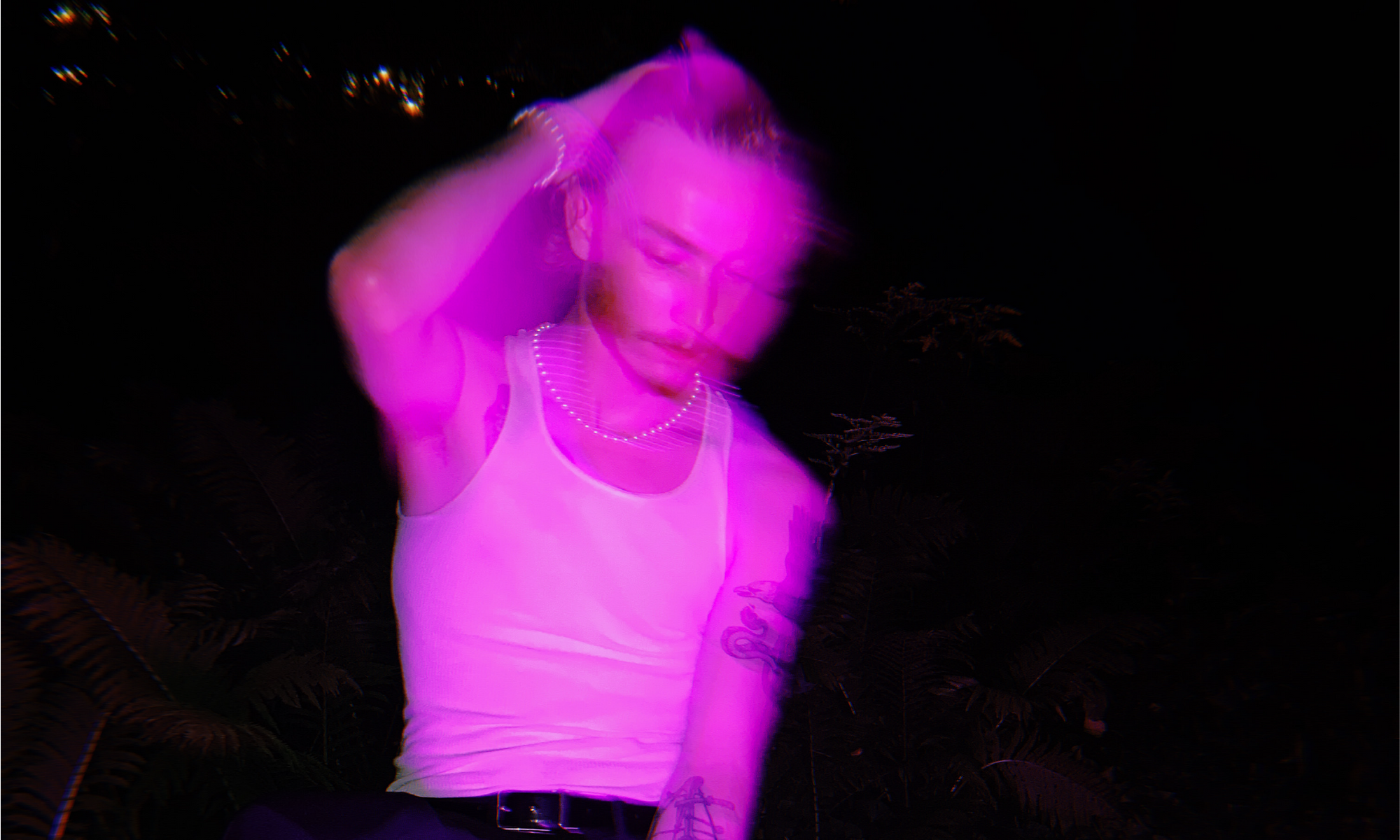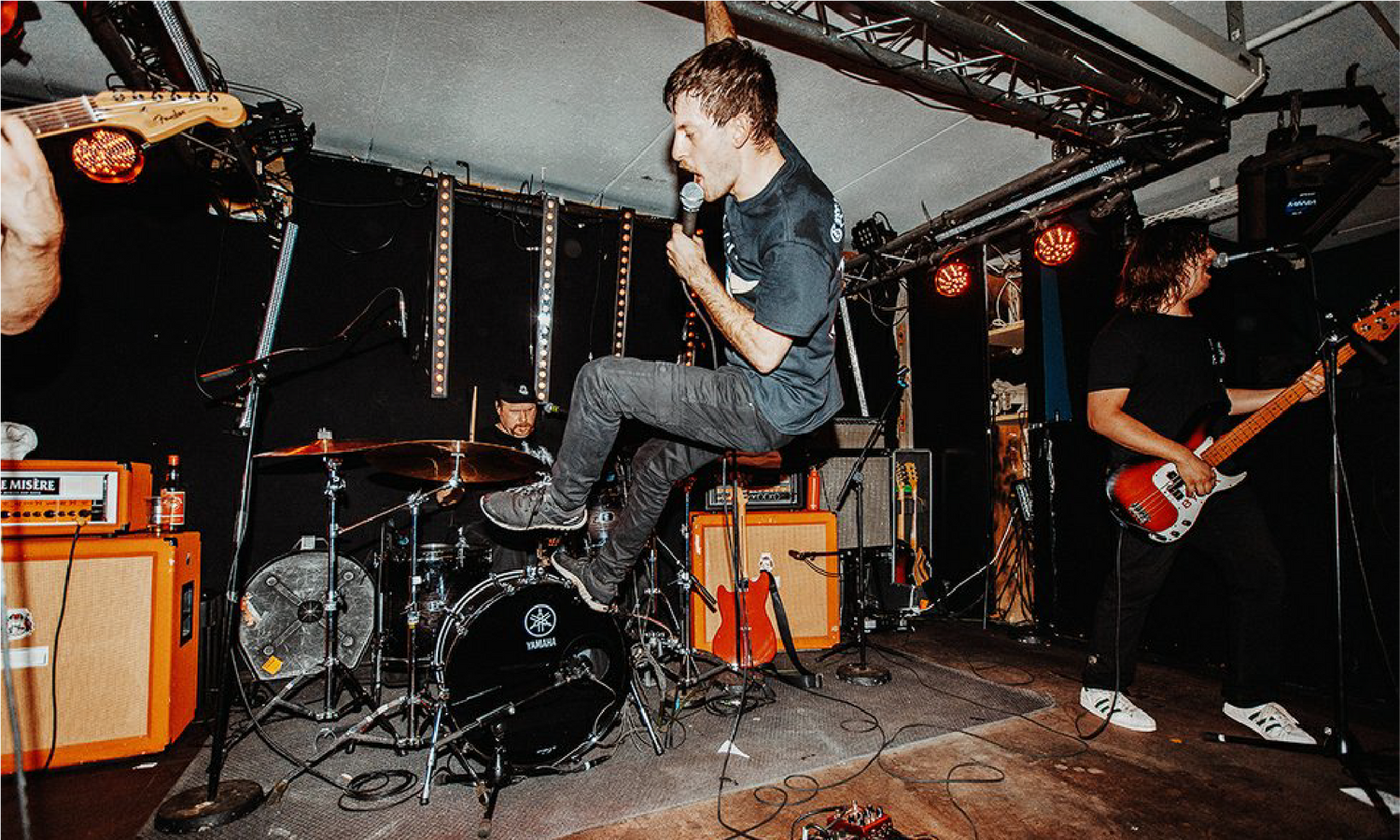
An American’s Guide to Canadian Punk
Forget about Drake, the Weeknd and Justin Bieber — for more than 40 years, punk rock has been one of Canada’s chief musical exports.
The Canadian punk scene exploded in the late ‘70s with bands like the Viletones, the Diodes and the Skulls, who pumped out white-knuckle power chord anthems in the style of the Ramones and the Sex Pistols. The genre morphed into something even harder and faster at the turn of the decade, with bands like D.O.A. trailblazing the Canadian hardcore scene. (The Vancouver band is often credited for coining the term “hardcore” on its second album, Hardcore ’81.)
Canada’s punk scene has continued to thrive since then, encompassing a variety of subgenres including pop-punk, emo and post-hardcore. It’s gone global, too, with some of the Great White North’s modern punk acts selling out huge venues and playing major festivals around the world.
Want to get into Canadian punk but not sure where to start? We’ve got you covered. This list is hardly conclusive — consider it a sampler of artists that have expanded punk’s horizons over the last 10 years, as written by one appreciative American fan. You’ll want to add them to your playlists ASAP, and hopefully they’ll serve as a jumping-off point for you to dive even deeper into the robust world of Canadian punk.
PUP

The members of Toronto’s PUP famously quit their day jobs and set out to play 200 shows in 2014 to get the word out about their self-titled 2013 debut album. It worked. The scrappy quartet quickly graduated from playing half-empty dive bars to sold-out theaters and major festivals such as Lollapalooza and Shaky Knees. On 2016’s The Dream Is Over and 2019’s Morbid Stuff, PUP refined their anthemic blend of pop-punk and hardcore, singing about misery and self-loathing with a wink and a smile. Not bad for a band that got its name from lead singer Stefan Babcock’s grandmother, who told him his fledgling music career was a “pathetic use of potential.”
The Dirty Nil

This Dundas, Ontario power trio studied all the right moves from the rock n’ roll elites, and their hybrid of punk/metal/arena rock hybrid sounds right at home in sweaty clubs and on festival stages. Lead singer/guitarist Luke Bentham slings beefy riffs and fiery solos from his Gibson Les Paul, bounding across stages with a vigor that would make Pete Townshend and Eddie Van Halen proud. The Dirty Nil picked up a Juno Award for Breakthrough Group of the Year in 2017, and their two most recent albums, 2018’s Master Volume and 2021’s Fuck Art, have already become stone-cold punk rock classics.
Pkew Pkew Pkew

Ever wonder what it would sound like if a Tony Hawk soundtrack came to life? Look no further than Pkew Pkew Pkew. The Toronto quartet’s self-titled 2016 debut album is chock-full of party-punk bangers that mince no words, from “Let’s Order a Pizza” to “Mid 20’s Skateboarder” (the latter boasting the epitaph-worthy lyric: “Drinkin’ a six-pack of beer takes away all the fear”). Pkew Pkew Pkew kept the party going on their 2019 sophomore album Optimal Lifestyles, sounding slightly weathered from their years of hard living but no less enthusiastic. These punk rock lifers wouldn’t have it any other way.
Metz

Over the course of four albums, Ottawa power trio Metz have honed their furious cacophony of jagged riffs, pummeling grooves and snarling, fuzzed-out vocals to a razor-sharp point. The band released its eponymous 2012 debut on legendary alt-rock/grunge label Sub Pop, the perfect home for a group that mixes the smart pop hooks of Nirvana’s Bleach with the scorched-earth sonic assault of ‘90s post-hardcore stalwarts Drive Like Jehu. Metz have received two Polaris Music Prize nominations for Metz and 2015’s II, and they further expanded their sonic palette on 2020’s Atlas Vending, unleashing a torrent of barbed-wire riffs and deceptively catchy hooks.
Counterparts

Counterparts combine the intensity and earnestness of DIY punk with the gut-busting brutality of metalcore. The Hamilton quartet released its debut album, Prophets, in 2010, and signed to Victory Records the following year to release The Current Will Carry Us. They truly hit their stride on 2013’s The Difference Between Hell and Home, a disarmingly vulnerable album full of mosh calls, gang shouts and spoken-word interludes that did not sacrifice one iota of heaviness. Counterparts have continued treading the path between melody and muscle up through 2019’s Nothing Left to Love, preserving their punk ethos while providing an antidote to the hyper-aggressive, hook-deprived bands clogging the hardcore and metalcore scenes.
The OBGMs

The OBGMs frontman Densil McFarlane makes no bones about the Toronto trio’s intentions: to wipe the floor with their peers and take what’s rightfully theirs. The self-proclaimed “Steve Jobs of this rock shit” released their eponymous debut in 2017 and upped the ante on 2020’s The Ends, which is currently shortlisted for a Polaris Music Prize. “Cash,” “All My Friends” and “Not Again” are bite-sized manifestos from a band with an uncompromising vision, full of infectious guitar hooks, sneering vocals and rocket-fueled rhythms. As a Black frontman in a predominantly white genre, McFarlane does this for more than just himself. “I was inspired to make rock music when I saw a Black guy onstage, and if someone sees that in us, I hope it will inspire a new generation to go after this,” he says.
Author: Bryan Rolli
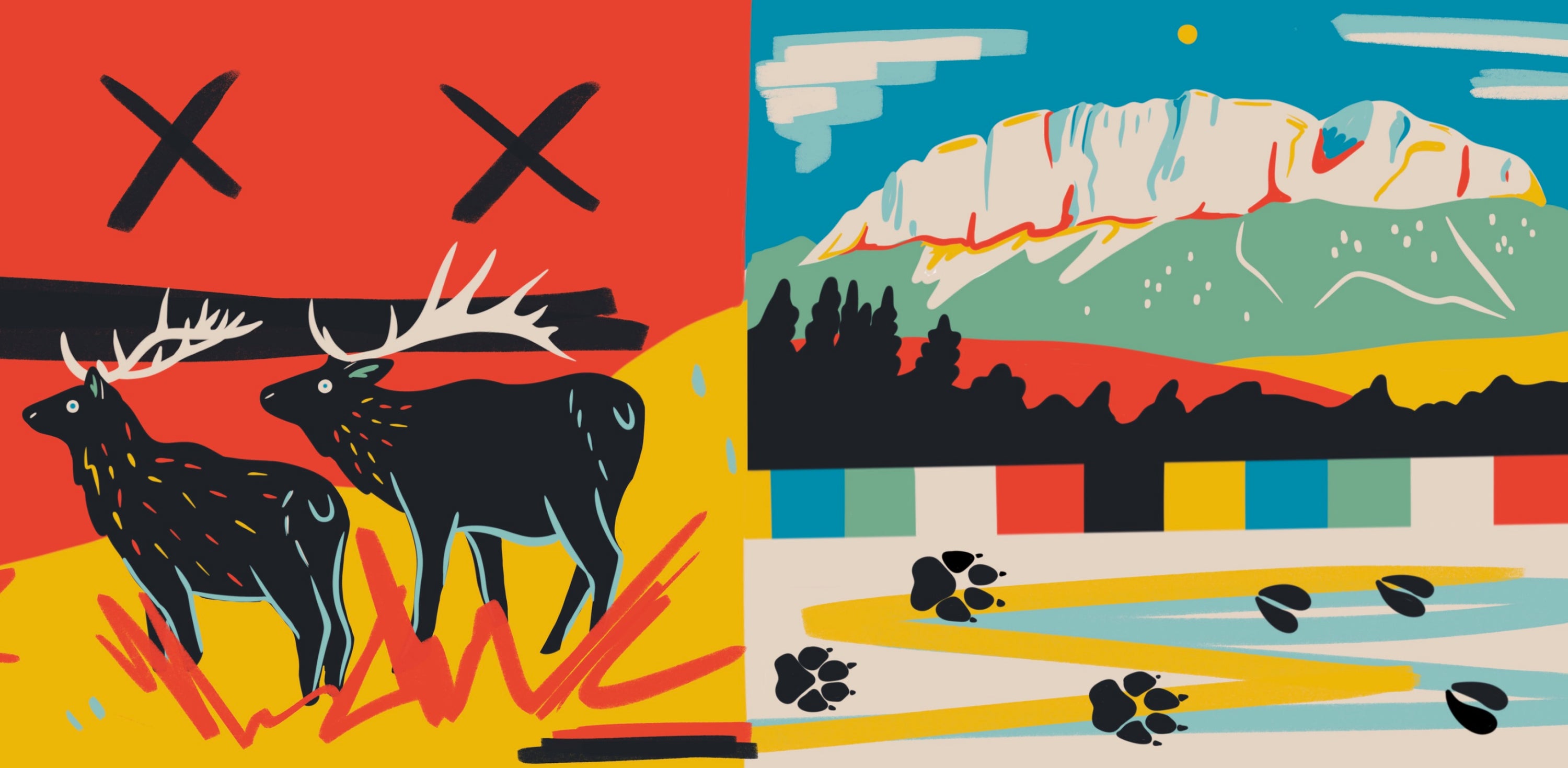
COLLECTIVE ARTS NEWSLETTER
Keep up-to-date with new products, promos, fresh art, exciting events, and more!
Art: @teenybotanist | Canmore, AB
